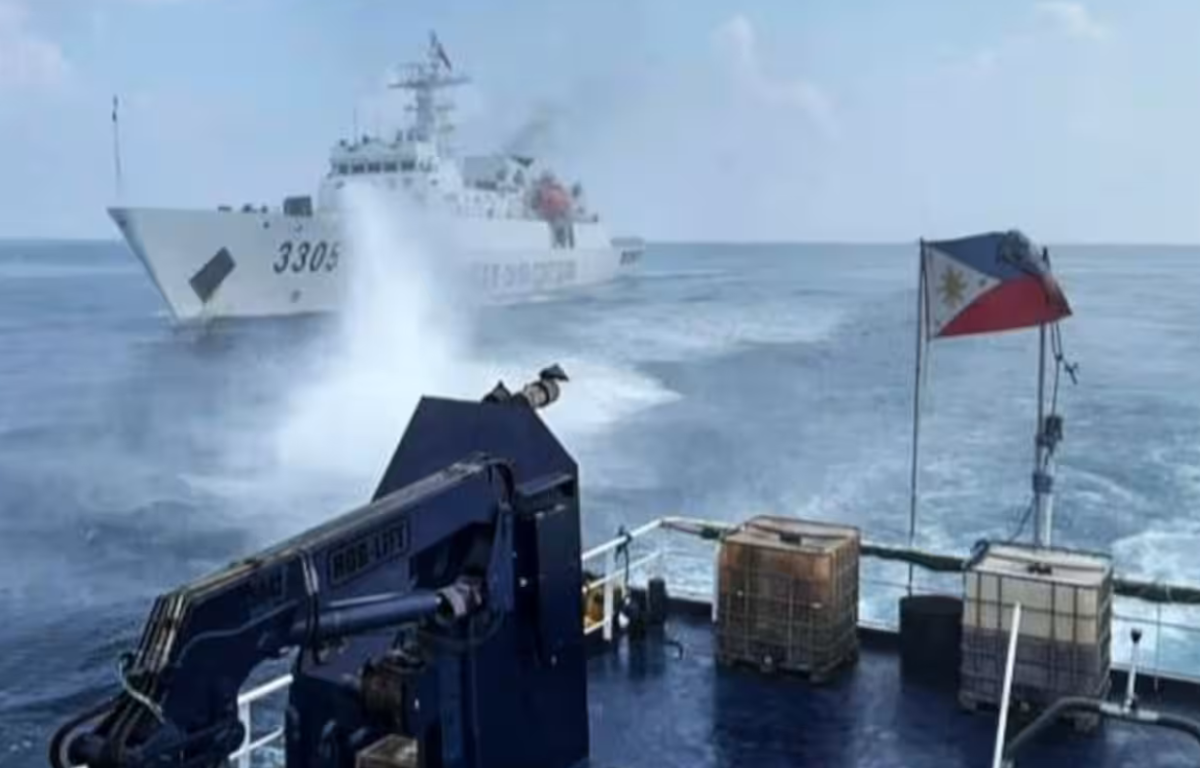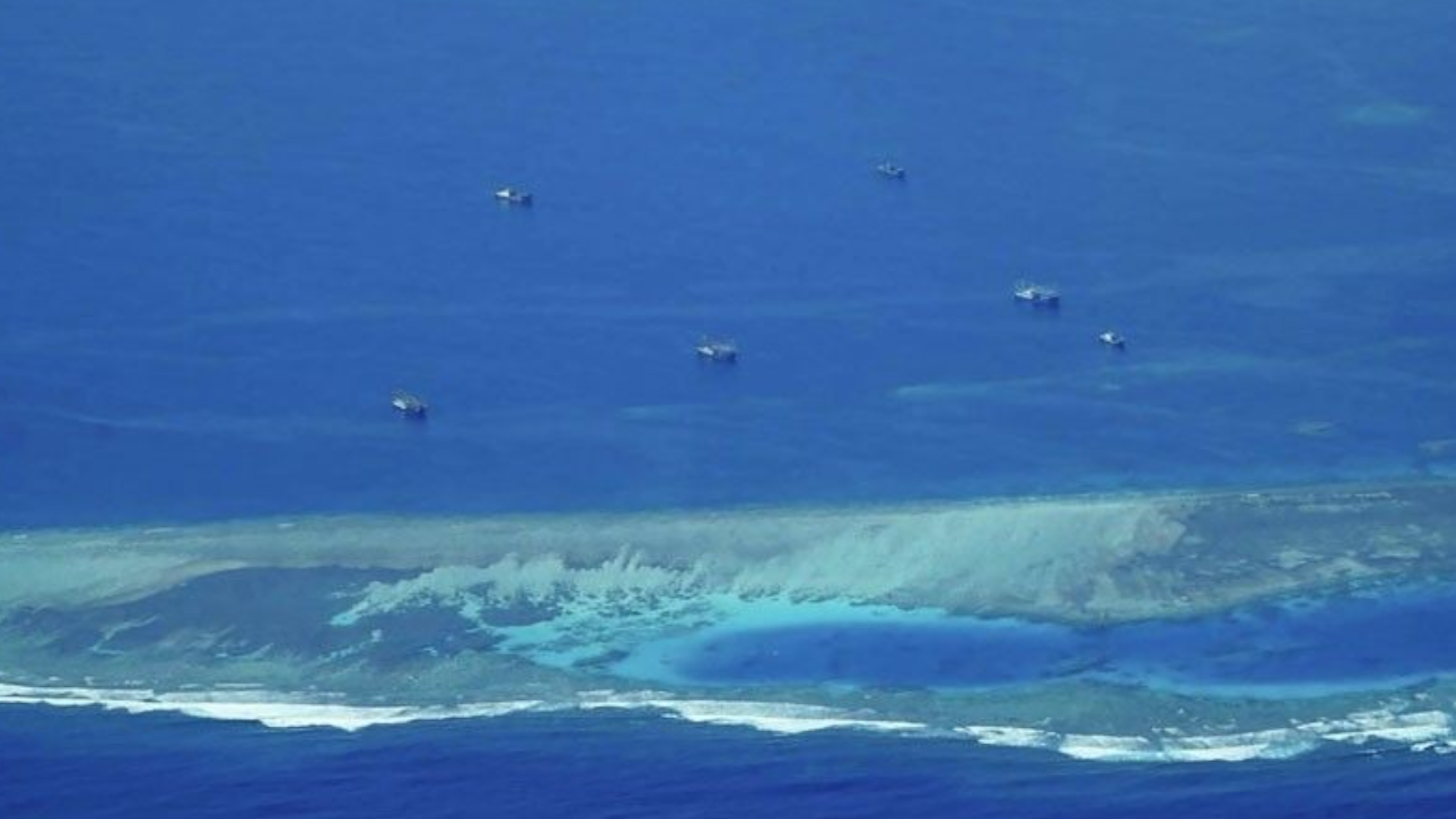
Coral reefs are often dubbed the “rainforests of the sea” due to their astounding biodiversity and crucial role in sustaining marine life. These underwater marvels serve as habitats and sustenance for countless species while playing a pivotal part in the ocean’s intricate food chain. Moreover, they provide coastal protection against storms and contribute significantly to carbon and nitrogen cycling. Nevertheless, the South China Sea’s coral reefs are under grave threat.
Amidst heightened tensions in the South China Sea, several Southeast Asian nations, led by the Philippines, have voiced their concerns over China’s activities in the area. Central to these allegations is the claim that China’s maritime militia, operating in tandem with the Chinese Navy, engages in actions that harm the coral reefs. These accusations span a range of activities, from destructive fishing practices to the construction of artificial islands, all of which have dire consequences for these delicate marine ecosystems.
Reports suggest that Chinese fishing vessels, often masquerading as part of the maritime militia, employ illegal and harmful fishing methods, such as blast fishing and cyanide fishing. These methods not only deplete fish stocks but also inflict severe damage on coral reefs. Explosions and the use of chemical agents harm the intricate structures of coral, leading to their eventual demise.
China’s construction of artificial islands in the South China Sea has raised alarms about their environmental impact. The process of reclaiming land from the sea involves massive dredging of sand and other materials from the ocean floor, a practice that can smother nearby coral reefs. Additionally, the establishment of military facilities on these islands increases human activity in the vicinity, further jeopardizing the marine environment.
The repercussions of coral reef destruction in the South China Sea extend far beyond the marine ecosystem. They have profound implications for both the region’s biodiversity and the livelihoods of millions of people.
The South China Sea’s coral reefs are renowned for their extraordinary diversity, housing numerous species found nowhere else on Earth. The destruction of these reefs disrupts entire ecosystems, leading to a decline in fish stocks and compromising the food security of coastal communities.
Coral reefs act as natural barriers, shielding coastlines from the destructive forces of storms and tsunamis. Their degradation leaves coastal communities susceptible to erosion and flooding, with far-reaching economic and human consequences.
Environmental degradation in the South China Sea adds another layer of complexity to the already contentious territorial disputes among nations in the region. Struggles over territory and resources are closely entwined with concerns about environmental damage, making it even more challenging to reach peaceful resolutions.
The allegations surrounding China’s shadowy maritime militia and its role in the coral reef destruction in the South China Sea highlight the intricate web of issues characterizing this crucial region. Addressing these environmental concerns is not just about preserving marine biodiversity; it is also essential for maintaining regional stability and ensuring the well-being of the countless individuals whose lives are intricately linked to the sea.
Efforts to protect the coral reefs of the South China Sea should be viewed as opportunities for collaboration among the nations embroiled in territorial disputes. International cooperation, transparency, and the adoption of responsible environmental practices are imperative for safeguarding the long-term health of this fragile ecosystem, which is vital to both the ecological and economic prosperity of the region.










Share this: